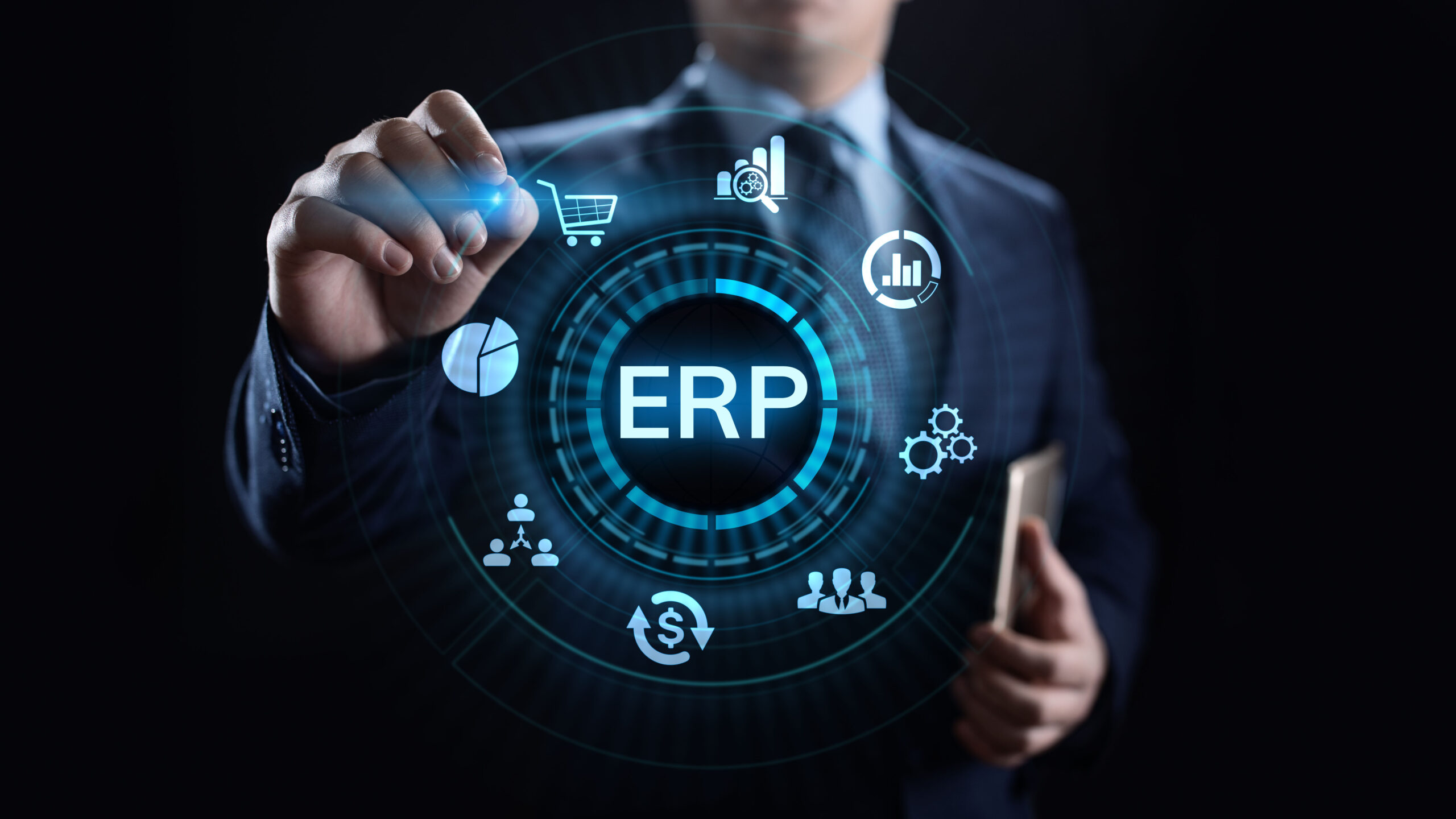If you’re a business owner, manager, or tech enthusiast, you’ve probably heard the term ERP system tossed around. But what is an ERP system, really? And why is it so important for growing companies?
In this month’s blog, we’ll break down the essentials of ERP—what it means, how it works, and why your business might need one in 2025.
What is an ERP System?
ERP stands for Enterprise Resource Planning. An ERP system is a type of software that helps organizations manage and integrate core business processes in real-time. This includes everything from:
- Finance and accounting
- Inventory and supply chain
- Customer relationship management (CRM)
- Human resources (HR)
- Manufacturing and production
- Sales and marketing
Think of ERP as the central nervous system of your company. Instead of using separate tools for each department, an ERP system brings everything into one centralized platform, making operations more efficient, data more accurate, and decisions more informed.
Key Features of ERP Systems
Modern ERP software typically includes:
- Real-time dashboards and analytics
- Automated workflows to reduce manual tasks
- Cloud-based accessibility for remote work
- Customizable modules for different industries
- Scalability to grow with your business
Benefits of Using an ERP System
Here’s why more businesses are investing in ERP systems:
1. Improved Efficiency
ERP systems eliminate repetitive tasks and reduce human error through automation.
2. Better Decision-Making
Access real-time data to make smarter, faster business decisions.
3. Enhanced Collaboration
Departments can share data seamlessly, improving internal communication.
4. Cost Savings
By streamlining operations, ERP software can significantly reduce operational costs over time.
5. Regulatory Compliance
ERP systems can help businesses stay compliant with industry regulations and standards.
Who Needs an ERP System?
While ERP systems were once reserved for large corporations, cloud-based ERP solutions now make it affordable for:
- Small to medium-sized businesses (SMBs)
- Startups with rapid growth
- Manufacturers
- Retailers and e-commerce stores
- Service-based businesses
If your current tools aren’t “talking to each other” or you’re buried in spreadsheets, it might be time to consider ERP.
Signs You Need an ERP System
You might need an ERP if:
- Your data is scattered across multiple platforms
- You rely on manual processes that slow down productivity
- Reporting takes days instead of minutes
- Inventory errors are costing you money
- Your team struggles to collaborate across departments
If you’d like a demonstration of how an ERP system could help your business, don’t hesitate to reach out to us. We’d be happy to demonstrate how our PIC ERP system can transform your day-to-day business planning.
